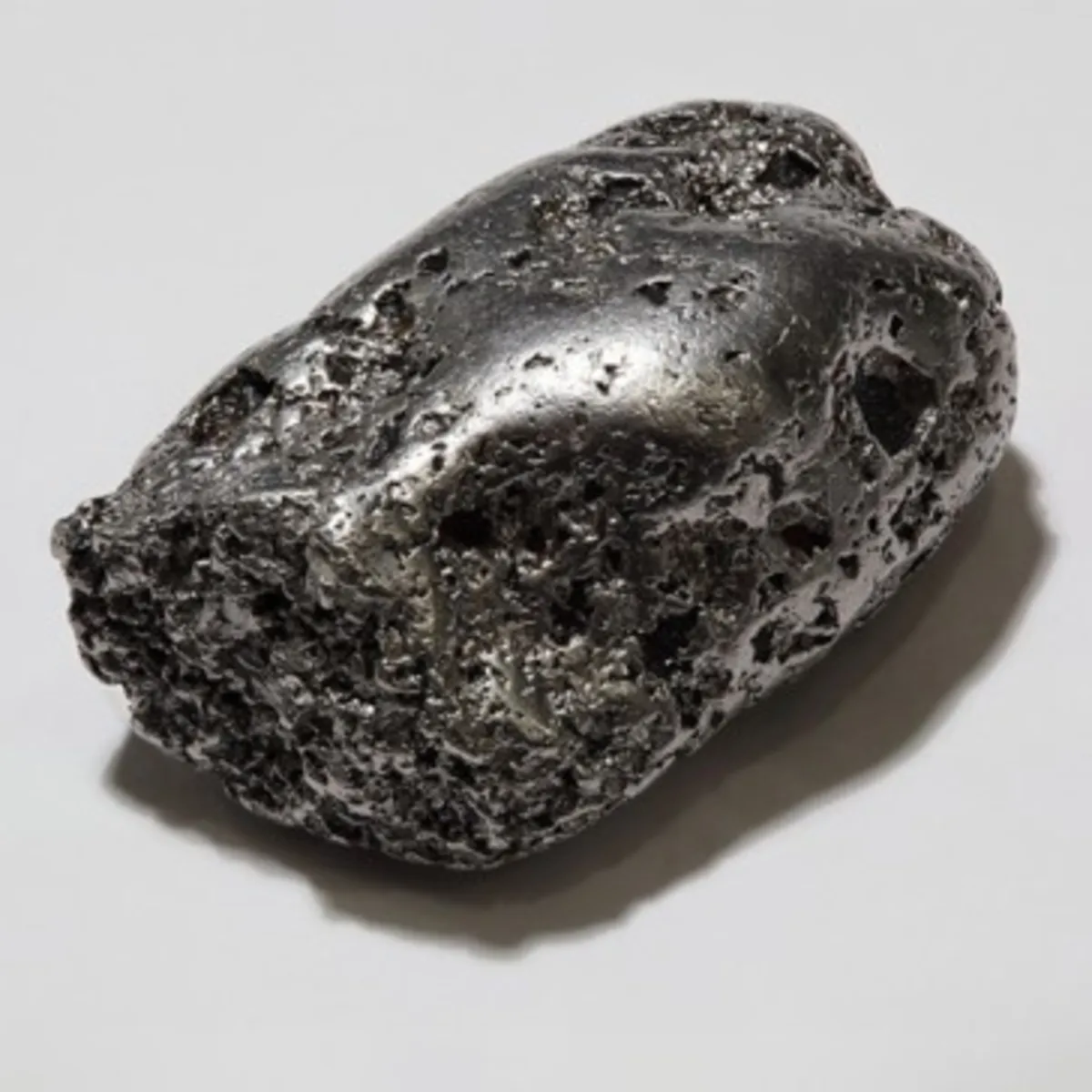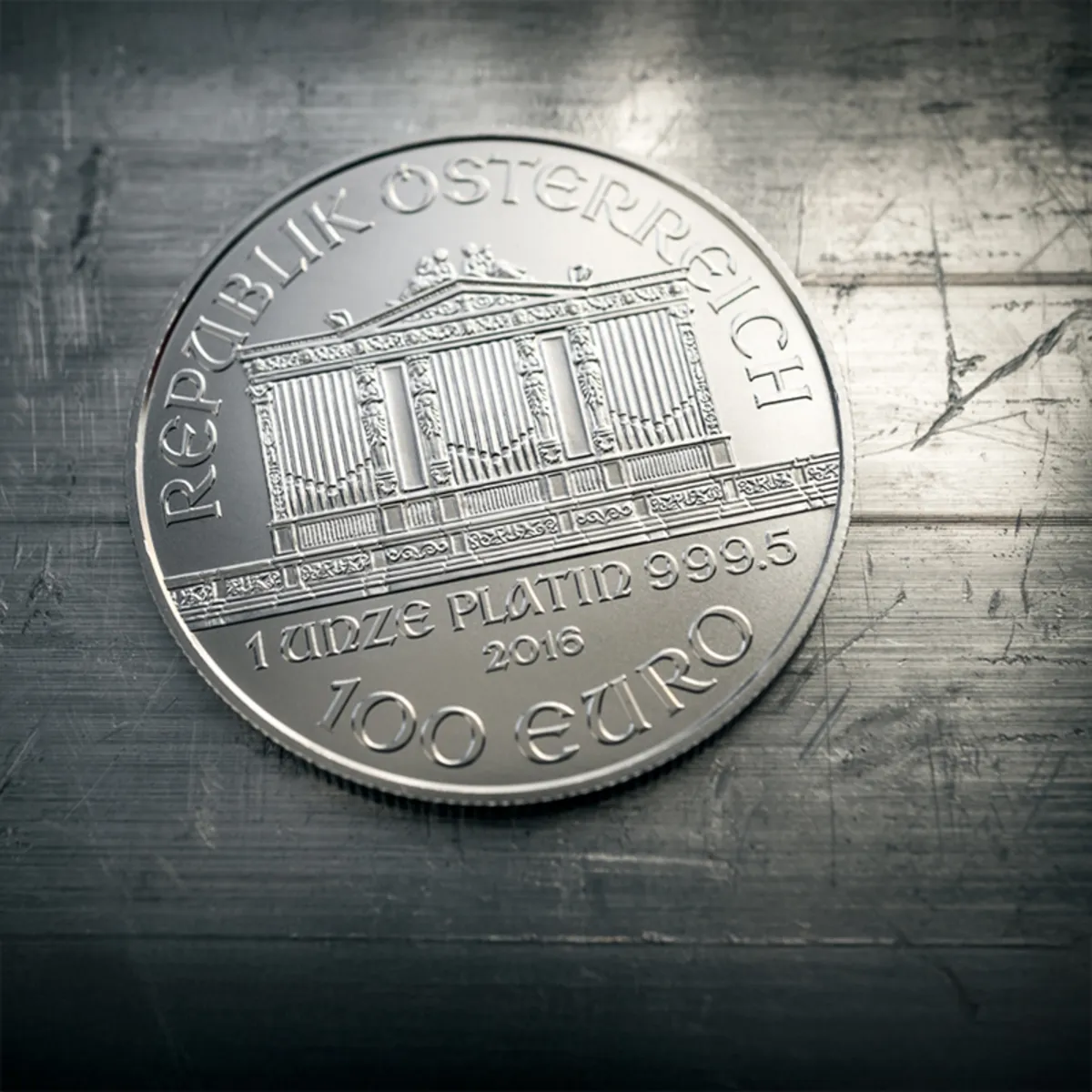Platinum is highly valued as one of the rarest of precious metals. It is also in demand by investors in the form of coins and bars.
Platinum is highly valued as one of the rarest of precious metals. It is best known for being the precious metal of choice in the manufacture of the finest jewellery but is also in demand by investors in the form of coins and bars. Less known is that platinum also provides industrial solutions through its remarkable physical and catalytic properties.
Platinum’s main use is in automotive exhaust systems, where it contributes to the reduction of noxious vehicle emissions. Platinum also plays a significant role in hydrogen and power-to-X technologies and therefore in the renewable energy and mobility transition. These applications, plus the growth potential of its many other industrial uses and its premium position in the jewellery sector, make platinum an investment asset worthy of strong consideration.
Platinum’s long history goes back as far as the ancient Egyptians and the Incas in South America who first used platinum alongside gold. As platinum has a far higher melting point (1,768 celsius) than gold and silver, platinum jewellery remained rare until high-temperature jewellers’ torches were developed around 1900, after which platinum quickly became the diamond setting of choice, as it still is today. The greatest demand for platinum jewellery currently comes from China, followed by Japan.
It was not until the growth in popularity of platinum jewellery and the development of new industrial applications in the 1960s that platinum secured its unique role. The introduction of automotive emissions standards in the 1970s increased demand for auto catalysts, making the automotive industry platinum’s primary demand segment.

Platinum’s investment heritage is also rich and diverse. Historically, global platinum coin production has been small compared with that of gold. The Japanese have long appreciated the value of platinum, possibly due to the growth of platinum jewellery in Japan in the 1960s, which led to Japan being the largest market for investment in retail platinum bars for many years. In recent years, however, the United States has taken over the top spot from Japan.
Platinum is used primarily as an industrial metal, and supply and demand fluctuate accordingly. For example, the 2015 diesel scandal surrounding German car manufacturers negatively affected demand for diesel vehicles and thus had a direct negative impact on the price of platinum. In addition to the automotive sector, platinum is used in the electronics industry, in the manufacture of medical instruments, in jewellery processing and as an investment instrument.
Since platinum used in catalytic converters is part of the solution to the emissions problem, demand will not diminish in this market. In the longer term, automotive and industrial demand will grow as new technologies such as fuel cells play a key role in meeting future CO2 regulations. Demand in the jewellery sector will also increase as urbanization continues and disposable income grows, especially in countries such as China and India.
Global demand for this valuable material with its unique and growing range of applications should therefore remain high.

Gold offers investors a high degree of security, especially in economically and politically difficult times.
Since 1989 Münze Österreich has been producing the Vienna Philharmonic, Europe’s only bullion coin.